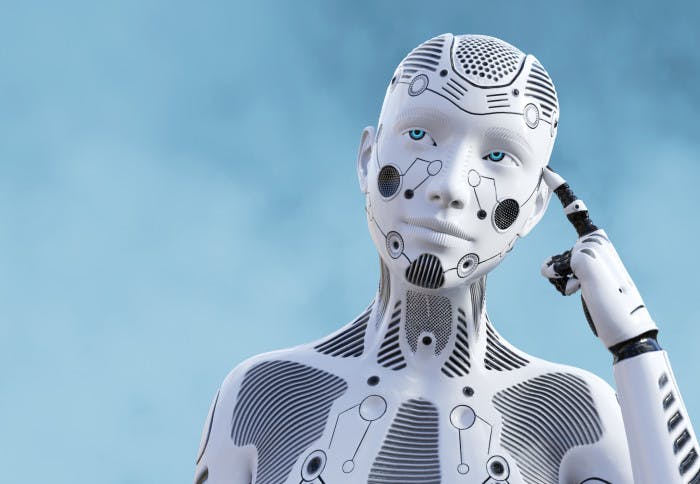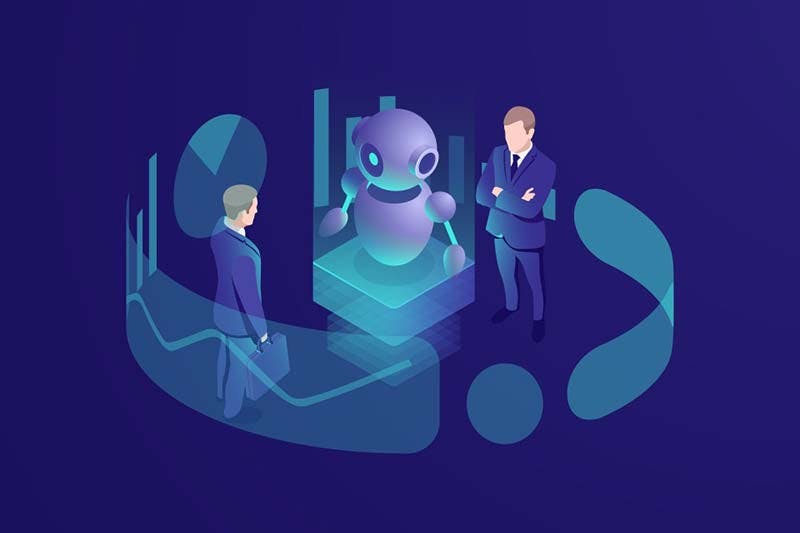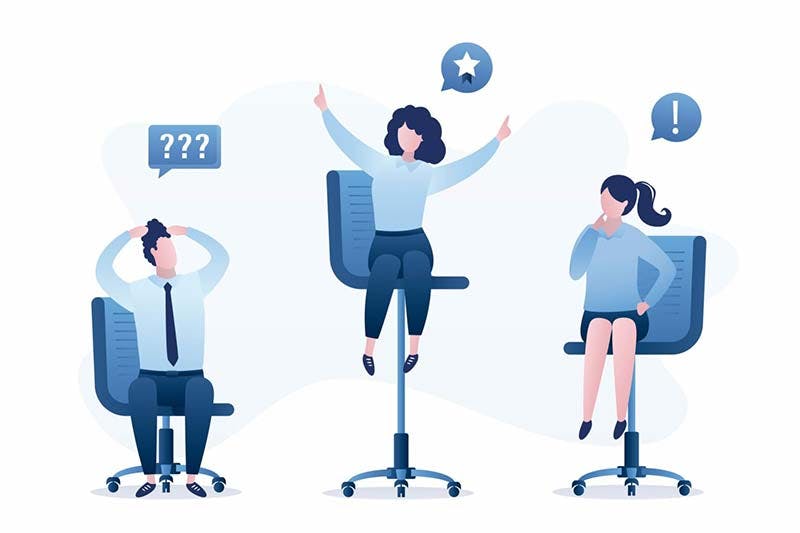
No. 1 AI Recruitment Platform for Academic Jobs & Higher Education Positions
Academic Jobs is the leading AI Recruitment Platform specializing in helping Higher Education Institutions, Research & Development (R&D) Industries, and many other sectors find the right candidate for the job.
Learn more about AIRevolutionize & Automate Your Recruitment Process with AI-Driven Solutions
Our suite of specialized AI tools can significantly enhance both the job posting process and the job search experience.
Data-Informed Keyword Optimization
Maximize your job listings visibility with our AI-driven Keyword Optimization. We analyze market trends to pinpoint effective keywords, ensuring your postings rank higher and reach the ideal candidates efficiently.
Strategic Job Title Recommendations
Attract top talent with precision-crafted job titles. Our AI system evaluates industry norms and search patterns to suggest titles that resonate with qualified candidates, enhancing the appeal of your listings.
Engaging Job Descriptions
Create compelling job descriptions with our AI assistance. By focusing on critical responsibilities and unique perks, we help you craft narratives that capture interest and encourage applications from the best talent.

AI-Enhanced Job Listings for Maximum Impact
Our AI-driven system elevates your job postings by analyzing successful listings across various industries. We provide tailored suggestions for keywords, job titles, and descriptions. This data-driven approach ensures that your listings are not just seen but are compelling to the right candidates. It also saves you time and increases your chances of finding the right candidate for the job.

Revolutionize Your Recruitment with AI-Driven Job Posting Optimization
In the dynamic landscape of today’s job market, securing top talent demands more than just a standard job posting. Academic Jobs introduces a groundbreaking AI solution – Automated Job Posting Optimization. This innovative tool is transforming the way employers approach job listings, ensuring your vacancies not only reach but resonate with the most qualified candidates.
Choose Academic Jobs and Gain the Superpowers that AI-Enhanced Recruitment Delivers
Why Choose Academic Jobs?
Elevate your job postings with our intelligent analytics. Our platform transforms listings into data-rich resources, offering continuous performance monitoring and actionable insights to optimize your recruitment strategy.
Harness AI power for precision-targeted job listings. Our system not only broadcasts but smartly targets your ideal demographic, from specific groups like US citizens to a broader audience. Enhanced with selective visibility, we streamline your recruitment for maximum efficiency. Contact us to discover more.